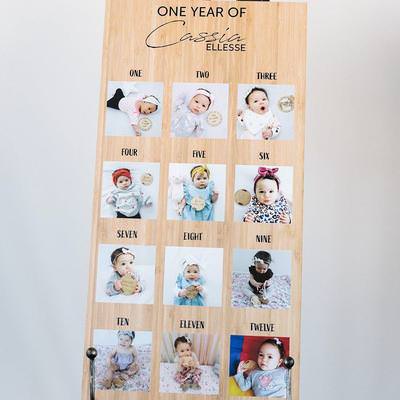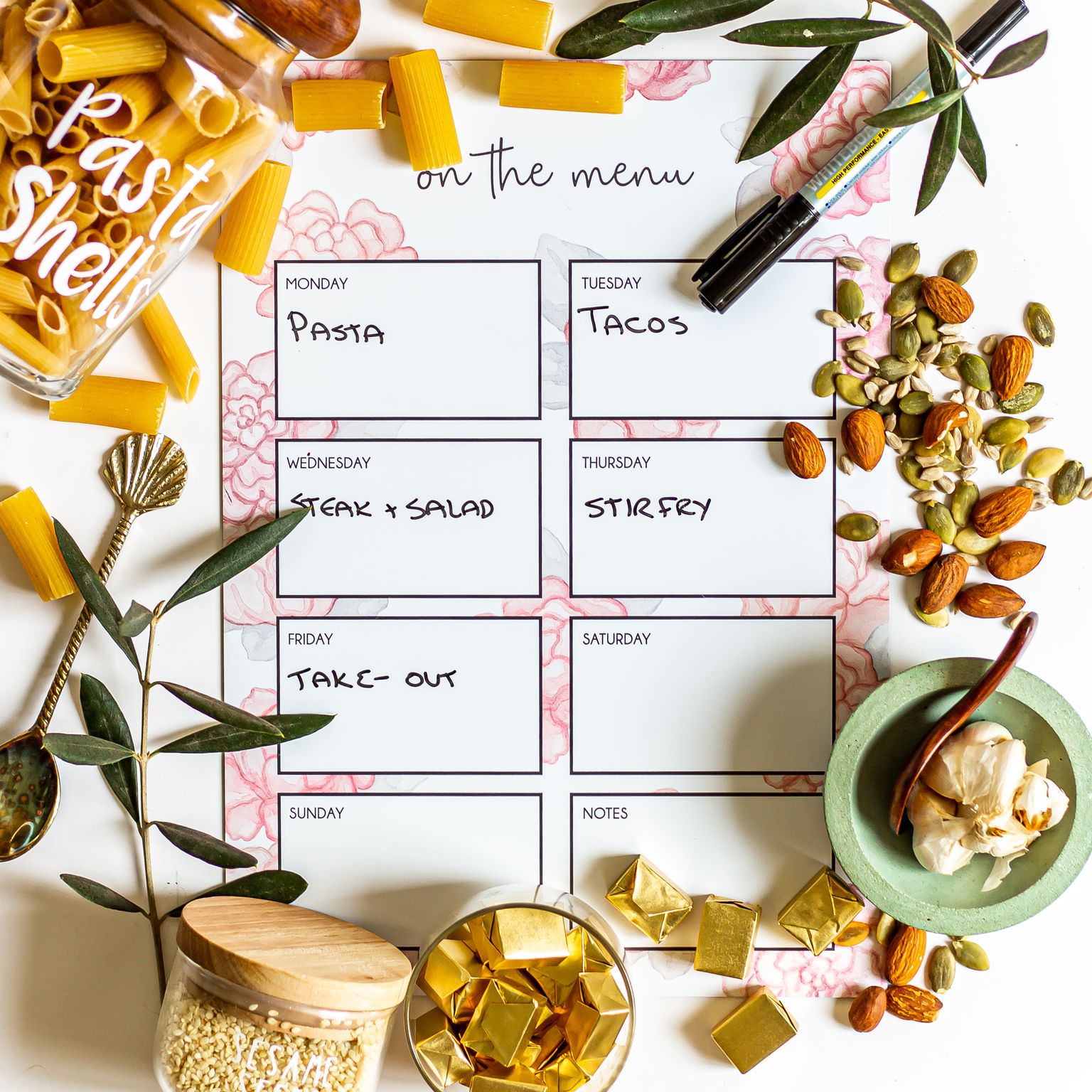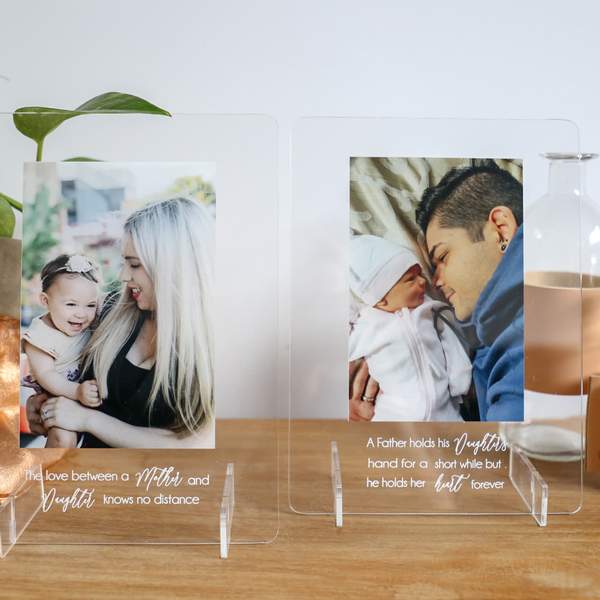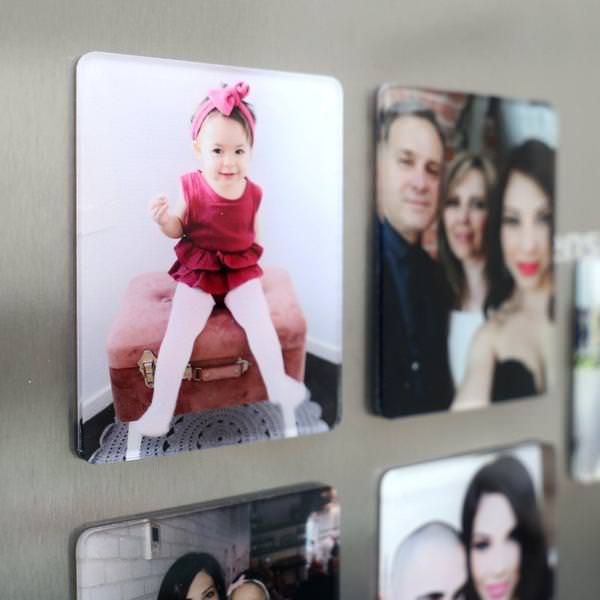
You’ve waited nine months for your precious baby to arrive and now they’re here you’re starting to realise how much work it takes to keep your baby fed, watered, clean and comfortable. It seems as though every hour of your day is taken up with feeding, winding, changing nappies and, of course, cuddling and just enjoying being with your baby.
You may be feeling exhausted and a little concerned about why your newborn doesn’t seem to have settled into a routine. We’re here to tell you that it’s completely normal – your new baby is learning to adapt to life outside the womb and for them, there is no such thing as routine. They’ve been used to having their needs met 24/7. But for your sanity and health, it’s advisable to develop a routine that’s based on your baby’s unique needs and temperament.
Get to Know Your Baby
Your baby is unique and so is their inbuilt schedule. Some like to sleep for 18 hours a day; others seem to be perfectly happy if they only get 15 hours of sleep. Some babies have a faster metabolism and seem to need feeding more often. Some are very active. So, getting to know the natural rhythms of your baby will help you to create a schedule that meets both of your needs. However, remember that babies probably won’t settle down into a consistent routine until they reach about 4-6 months old. So don’t try to impose a rigid routine too soon. It’s much better for newborns to have feedings and naps on demand.
Baby Steps in the First Few Weeks
During the initial few weeks, start to gently coax your baby into a flexible routine through cues. What do we mean by this? For example, if you notice that your baby is getting very sleepy, sing them a lullaby and then put them down to sleep. Over time, your singing will become a cue for them to have a nap. Babies, like most of us, develop a sense of comfort from knowing what is going to happen next. In the same way, if you always change your baby after a feed, they’ll start to recognise this cue too.
Look for Patterns and Use them to Your Advantage
Looking for patterns in your baby’s behaviour is key to helping you to develop routines for the two of you that is meeting your baby’s needs. For example, if you’re noticing that your baby is getting very sleepy while feeding and often drops off before they have finished, you may want to time your feeding sessions to take place closer to when you want to put your baby down to sleep.
If you want your baby to take fewer, longer naps than they are already doing, try to keep them awake for a few minutes longer before putting them down. In this way, your baby will be awake for longer periods throughout the day and gradually the gaps between naps will lengthen. This will have the benefit of encouraging your baby to sleep for longer periods during the night.
The same method can be used to decrease the number of feeds during the day, i.e., stretching out the times between each feed. When you notice that your baby is displaying signs of hunger, delay their feed by a couple of minutes. Increase the time you wait to feed them at each feed and gradually your baby will be able to wait a little longer and start to eat a little more each time.
Don’t Stress the Small Stuff
Getting used to a routine will take time for both you and your baby, so don’t get too stressed about trying to make it perfect from the beginning. Your baby will sense that you’re stressed and are likely to become stressed themselves. Take it slowly; enjoy your baby. They don’t stay this small for long!

















